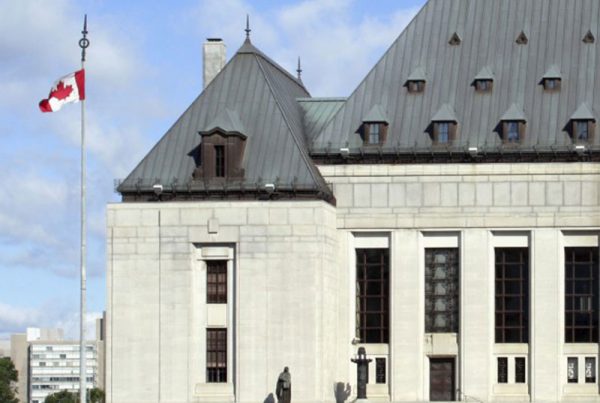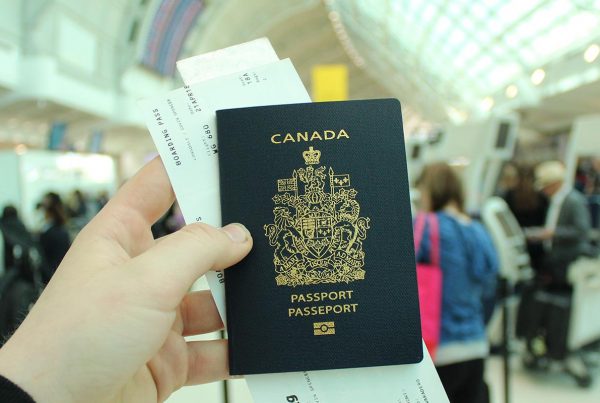MONTREAL — The Canadian Civil Liberties Association (“CCLA”), as a party intervening in the case brought by Mr Jean-Chistopher Luamba, wins a constitutional challenge before the Superior Court of Quebec, seeking to put an end to police powers that enable racial profiling.
Racial profiling occurs on a systemic level when an unjustifiable level of scrutiny and differential treatment becomes ingrained into an organization’s culture and operations. Anti-Black racism impacts Black Canadians at every step of the criminal justice system; from policing, to pretrial detention, to sentencing, to prisons.
“Two decades of research have consistently found that Canadian police stop, search, and question Black Canadians at higher rates than members of other racial groups. These trends persist even after you factor out other individual characteristics that might lead to higher levels of police contact, including living in a high-crime community, age, gender, social class, victimization, illegal drug use, criminal history, or routine activities,” said Dr. Akwasi Owusu-Bempah, the CCLA’s Special Advisor on Anti-Black Racism.
Higher levels of police surveillance mean that Black people are much more likely to be arrested and charged with criminal offences as compared to White people and members of other racial groups who engage in the same behaviour. Black people are also seriously injured and killed during encounters with the police at significantly higher rates than individuals from other racial backgrounds.
On October 25, the Superior Court of Quebec issued a landmark decision, finding that police roadside interceptions are often based on appearances and prejudices associated with skin colour rather than on road safety objectives, and that that legislation and the common law rule allowing for such arbitrary detention can no longer stand.
“This is a momentous decision – one that overturns outdated precedent, in the benefit of the public interest. It represents a first step in the CCLA’s fight to bring about systemic and structural change in police practices,” said Gillian Moore, Equality Program Director with the CCLA.
You can read the full decision here. We are extremely grateful to our pro bono counsel Bruce Johnston and Lex Gill of Trudel Johnston & Lespérance.
-30-
About the Canadian Civil Liberties Association
The CCLA is an independent, non-profit organization with supporters from across the country. Founded in 1964, the CCLA is a national human rights organization committed to defending the rights, dignity, safety, and freedoms of all people in Canada.
For more information about the case, including court documents filed to date and our latest public statements, visit the CCLA’s case page, https://ccla.org/major-cases-and-reports/racial-profiling/.
Media Contact:
media@ccla.org
Alex Nanoff – 613.709.6318
About the Canadian Civil Liberties Association
The CCLA is an independent, non-profit organization with supporters from across the country. Founded in 1964, the CCLA is a national human rights organization committed to defending the rights, dignity, safety, and freedoms of all people in Canada.
For the Media
For further comments, please contact us at media@ccla.org.





